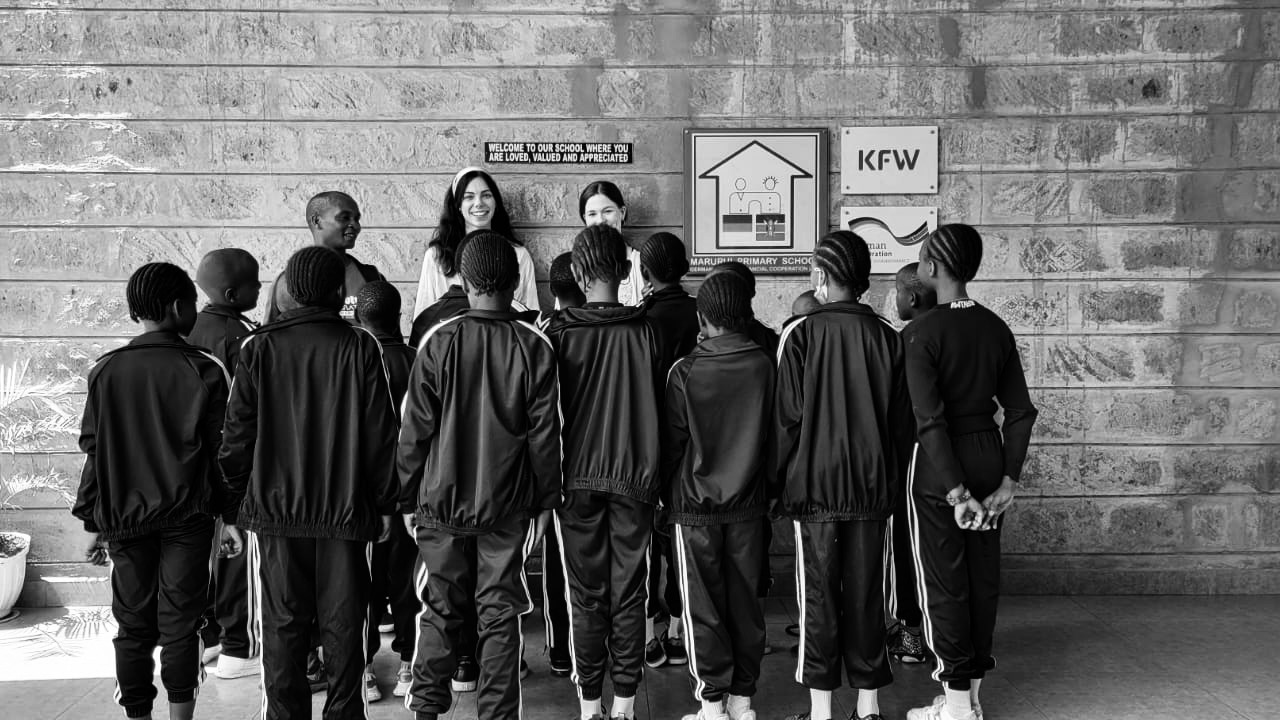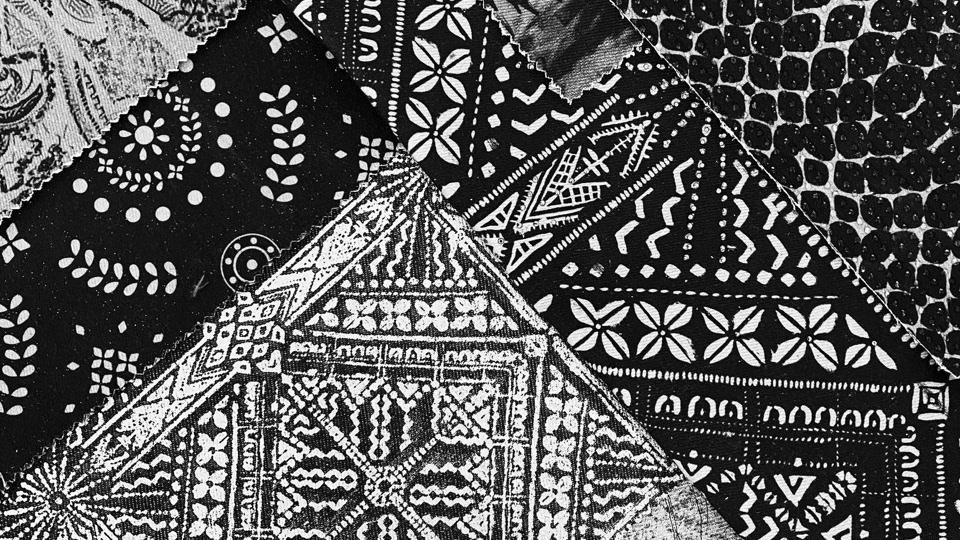The textile and fashion industry produces a staggering 100 billion garments annually, equating to almost 14 pieces of clothing per person globally; consumers purchase over 80 billion new garments each year; three out of five newly produced items are discarded in landfills within one year and about 30% of online purchases result in returns that also end up being disposed in landfills.
Our concept for the automotive interior design world counteracts issues of textile surplus production and offers sustainable, resource-saving approaches with innovative technologies, allowing the textile cycle of the value chain to be closed. By upcycling and recycling the first hand textiles, a high quality of the new, sustainable textile surfaces, which can be used in different areas within the automotive sustainable solutions, is achieved.
The implemented textile surfaces “Re3kinned” and “ReVived” are created out of recycled returned faulty clothing items. Material 1 "ReVived" is woven from a yarn provided by the company TURNS. The yarn is made of 70% recycled old clothes and 30% collected PET bottles. Moreover, material 3 "Re3kinned " is upcycled from returned defective polo shirts and woven into a new textile surface in collaboration with the workshop for people with disabilities, Prodia.
As part of the 5th semester projects in cooperation between the Hochschule Niederrhein and the fashion company Fynch Hatton, a capsule bag collection “Bag to 1472” was developed and initiated by Prof. Dr. Marina-Elena Wachs, Charlotte Weber and Ramona Möllers.
The collection combines upcycling and recycling of polo shirts to create new sustainable textile surfaces using 3D product development. A timeless, practical, innovative design was prioritized during collection development to support SDG No 12, 13, and 17 through closed value chain loop promoting long product life cycles.
The collection combines upcycling and recycling of polo shirts to create new sustainable textile surfaces using 3D product development. A timeless, practical, innovative design was prioritized during collection development to support SDG No 12, 13, and 17 through closed value chain loop promoting long product life cycles.
Furthermore, the designs were produced with high sustainability standards, including zero-waste production and involving Prodia, a workshop for people with disabilities in processing the recycled materials. The backpack "Denys" and the bag "Blixxen" serve to demonstrate the implementability of the up- and recycle methods and a visionary closed-loop value chain. The adjustable shoulder straps of the two bag are made of old car seat belts. In addition, the chosen buckles are made of recycled PET bottles.
The revolutionary approach for a greener material design within the automotive industry elevates the experience of accessories and cars to a new level of functionality implementing innovative recycled textiles. Functionality and practicality are the key features of the sustainable design for accessories and the car interior.The materials can be excellently integrated as textile surfaces in alternative interior automotive design. The submitted textile concept focuses on the fully autonomous concept electric car AI:ME designed as a 'third living space' complete with plants, released by Audi at Auto Shanghai 2019.
The attached images visualize the feasibility of the textile surfaces in the concept car. Therefore, the material 1 “ReVived” is to be integrated on the seats as well as with upholstery on the seat back. Material 3 "Re3kinned"is to be taken up in the area of the headrests and the carpet in order to match the living room character of the concept car.
The backpack "Denys" can be fastened by the user with the adjustable straps that serve as straps and therefore can be perfectly integrated into the uniform design.
The backpack "Denys" can be fastened by the user with the adjustable straps that serve as straps and therefore can be perfectly integrated into the uniform design.
This concept was awarded the Materialica Award 2023 in Munich in the Student category, and we are very proud to set a positive example for the automotive industry moving forward.
Further Developed from 5th semester Project
Supported by :
Hochschule Niederrhein
Fynch Hatton Textil- Handelsgesellschaft mbH
Prodia Aachen – Werkstatt für Menschen mit Behinderung
TURNS – Back to good
Coach: Prof. Dr. Marina-Elena Wachs




